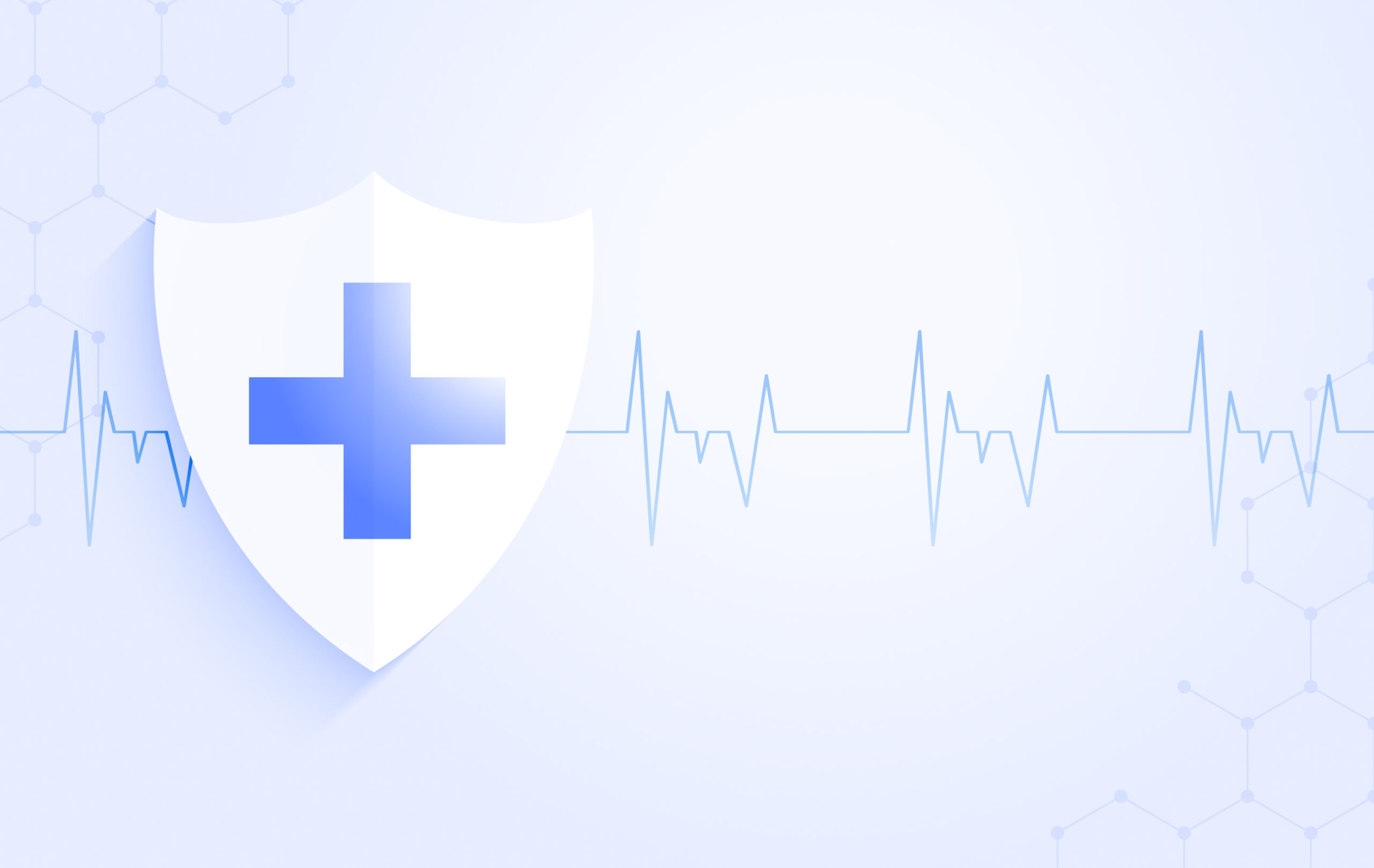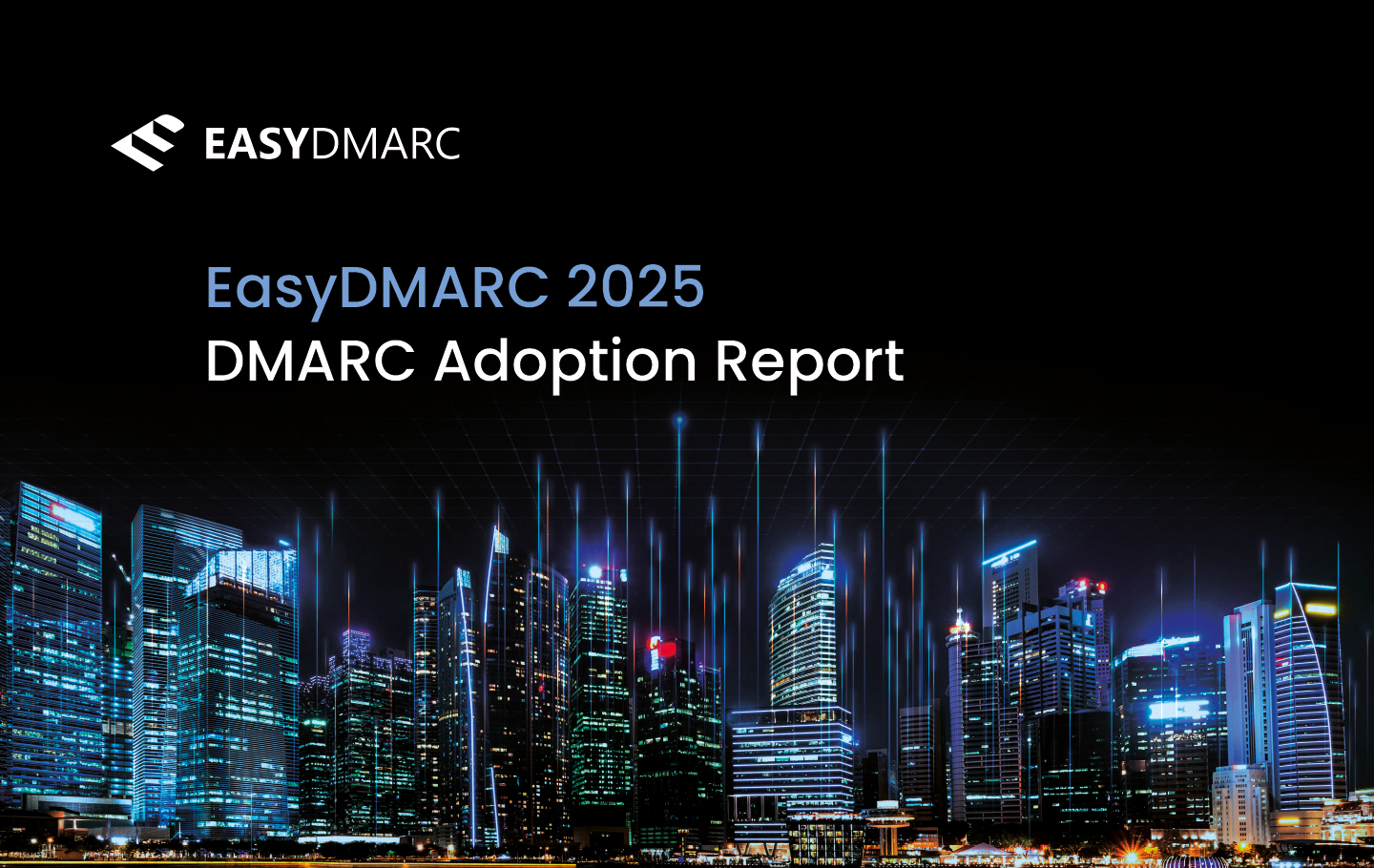Healthcare cybersecurity regulations, like HIPAA compliance and the NIST framework, have been around for decades to control the effects of digitization on such crucial aspects of the industry as privacy controls and cyber risk mitigation.
Healthcare has always been in this weird middle point of leveraging cutting-edge technologies in terms of new equipment and sticking to old ways in terms of healthcare practices and procedures. It’s understandable because healthcare records can be very personal and do tremendous harm to the patient and the healthcare institution if leaked.
Digitization and the convenience of healthcare cloud services force the industry to change and adapt. Thus, following appropriate healthcare cybersecurity frameworks and regulations becomes imperative.
This article covers the basics of HIPAA compliance and how cloud healthcare can stay within compliance limits due to choosing appropriate solutions.
HIPAA Compliant Healthcare: The Scope
Before we move on to the healthcare cloud service recommendations, let’s dive into one of the most essential compliance standards in the industry – the Health Insurance Portability and Accountability Act (HIPAA). It’s a US-based regulation (in action since 1996) that oversees patient privacy, data security, and protected health information’s (PHI) federal compliance.
What is PHI?
PHI is any information about the patient that could help identify the person under question. This data includes the usual personally identifiable information (PII) like patient name, social security number, phone number, address, and date of birth. However, some specific data also includes medical record numbers, health plan numbers, fingerprints, and other biological identifiers.
What Does Being HIPAA-Compliant Mean?
In short, HIPAA compliance is a mandatory standard. It refers to healthcare institutions and their business associates accessing PHI (defined above). Privacy Rule and Security Rule frameworks define the addressees and the scope of this regulation.
The Breach Notification Rule is another mandatory standard in HIPAA. It dictates how business associates and healthcare institutions should report the breach after the fact. No matter the incident size or type, all that affect PHI and ePHI should be adequately documented.
In addition to the main rules covered above, HIPAA added special controls for business partners that work with healthcare institutions. HIPAA Omnibus Rule oversees third-party compliance, facilitating relationships between a business and a healthcare institution or two businesses that will handle PHI and ePHI.
Any HIPAA-compliant institution should:
- Implement proper policies, procedures, and standards
- Analyze security risks
- Manage partners and business associates
- Educate employees about HIPAA and cybersecurity in general
- Manage and report incidents
- Implement self-assessment strategies and timelines
- Have a proper disaster recovery plan (DRP)
HIPAA Compliant Email and DMARC
HIPAA refers to all the data stored and managed by the covered entities and their business associates. However, let’s keep in mind that most communications in the business world go through email. Thus, HIPAA-compliant email should be the highest priority for any healthcare institution.
The first thing that comes to mind is the appropriate encryption of data at rest and in transit. However, more than encryption is necessary for success. Here’s where email authentication protocols and the benefits of DMARC come in. HIPAA-compliant cloud solutions for email authentication protect organization integrity from spoofing and patient PHI from phishing.
HIPAA Compliant Cloud Services for Secure PHI
Healthcare cloud services have various benefits, including increased efficiency, scalability, and accessibility to data. However, cloud computing in Healthcare also has its challenges:
- Data privacy and security
- Interoperability
- Reliability and availability
- Cost
- Regulatory compliance
Any HIPAA-compliant cloud service that offers a solution to the mentioned challenges and adds value to the users could potentially be on our list. Still, we’ve picked cloud applications that proved themselves in action and held their own in the industry.
Let’s dive in.
Data Storage and User Access
Working with sensitive data, you need reliable and cost-effective HIPAA-compliant cloud storage. Services like Egnyte Connect and Box offer secure collaboration tools, access management, and threat detection. Higher payment tiers for these services usually include privacy and compliance management, breach reporting, and legal hold for special files.
Email Encryption and Data Retention
Finding a trusted and modern cloud healthcare solution for data encryption and retention is crucial for HIPAA-compliant organizations. Identillect is one of the leading providers of email encryption. It provides control, regulatory compliance, and flexible security policies. It’s also easy to integrate and use.
Email Authentication and DMARC Compliance: EasyDMARC
Following proper email authentication practices can be the difference between a successful phishing attempt that led to data loss and HIPAA-compliant cloud domain infrastructure. EasyDMARC offers DMARC reporting, reputation monitoring, automated email authentication tools, and of course, peace of mind that only legitimate communication goes through.
Employee Training
Teaching employees about cybersecurity is another crucial line of defense for every organization. Training in cloud programs like Accountable and MedTrainer covers basic cyberawareness, HIPAA compliance, risk assessment, vendor management, incident reporting, and many other fields.
System Audit and Monitoring
Compliance can be confusing, especially for beginners. It’s also quite an involved process if you don’t use the right monitoring system. Abyde promises an easy-to-use healthcare cloud platform that helps you automate notifications about various aspects of compliance monitoring. Healthicity’s Compliance Manager offers program audits, governance and oversight tools, HIPAA compliance risk assessment manager, and other valuable features.
Breach Reporting Tools
We’ve already talked about the importance of breach reporting in HIPAA. The right tool could be life-changing for all involved parties, including your administrators covering the incident. OfficeSafe is a cloud for healthcare product that offers risk assessment, emergency and incident response plans creation, data breach coverage, required policy customization, and other features.
Final Thoughts
As you can see, choosing the right healthcare cloud services can enhance your experience with HIPAA compliance. However, each platform also comes with costs and additional training for your staff to use the product, so it’s all about setting goals and choosing a platform that fits your needs best.
It’s also super important not to overextend your employee attention span and give them too many options for the same purpose.
Whichever HIPAA-compliant cloud services you choose, don’t neglect email as a critical aspect of data protection. Talk to our specialists today to get access to your cloud-native email authentication platform.


